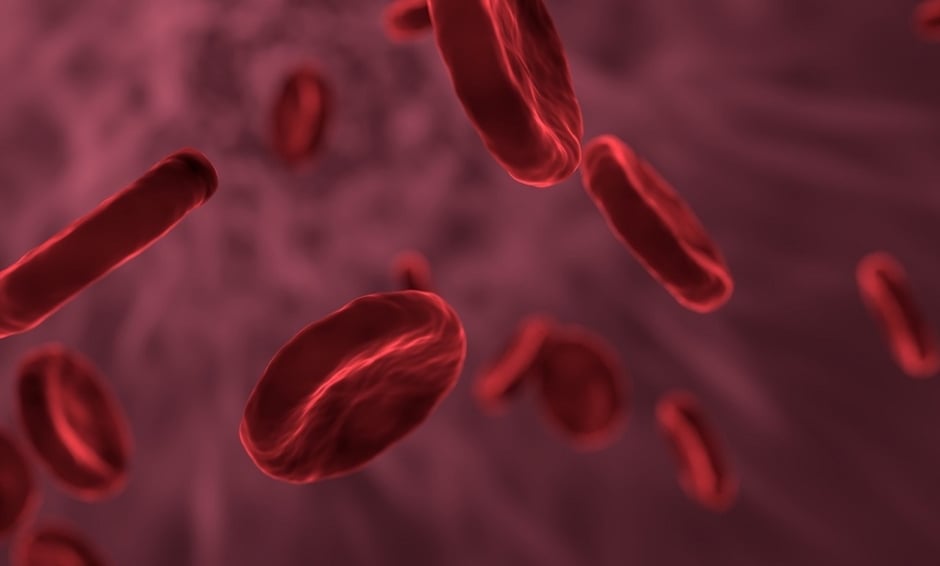RESULTS from a new study have linked higher blood levels of tau, a brain protein, to lengthier periods of recovery from concussion for athletes, potentially serving as a marker to assess athletes’ readiness to return to competition.
Whilst 3.8 million sports-related concussions occur annually in the USA, currently there are no biomarkers to assess recovery or ability to return to competition; instead, readiness to return to play is assessed by performance on attention and memory tests and athlete-reported symptoms. It is crucial to assess this accurately, as returning to play before the brain has healed risks long-term cognitive and physical problems. This is especially true if they suffer with another concussion later on.
In this study, scientists analysed the changes in blood tau levels in 46 concussed college-level athletes from the University of Rochester and Rochester Institute of Technology, Rochester, New York, USA. Utilising a very sensitive technology that detected single protein molecules, the team measured levels of blood tau in pre-season blood samples and then again from blood samples taken within 6 hours of concussion. The length of time taken to recover from concussion was used to divide the athletes into two groups: those who took >10 days to return to playing their sport (long return-to-play group) and those who took <10 days (short return-to-play group). It was found that the athletes in the long return-to-play group had higher levels of blood tau than the short return-to-play group 6 hours after concussion. Statistical analysis demonstrated that higher levels of blood tau 6 hours after concussion was a consistent predictor that athletes would take >10 days to return to play; this suggests that tau levels may prove to be a useful indicator of athletes who are likely to take longer to recover from a concussion.
Prof Jeffrey Bazarian, Professor of Emergency Medicine, Physical Medicine & Rehabilitation Neurology, Neurosurgery, and Public Health Science, University of Rochester Medical Center, summarised: “It may be that tau combined with current clinical assessments could help us make more informed return-to-play decisions and prevent players from going back to a contact sport when their brains are still healing.” He also noted that this study was limited by its small sample size and further investigations need to be carried out into the utility of tau as a biomarker for concussion severity.
(Image: freeimages.com)







